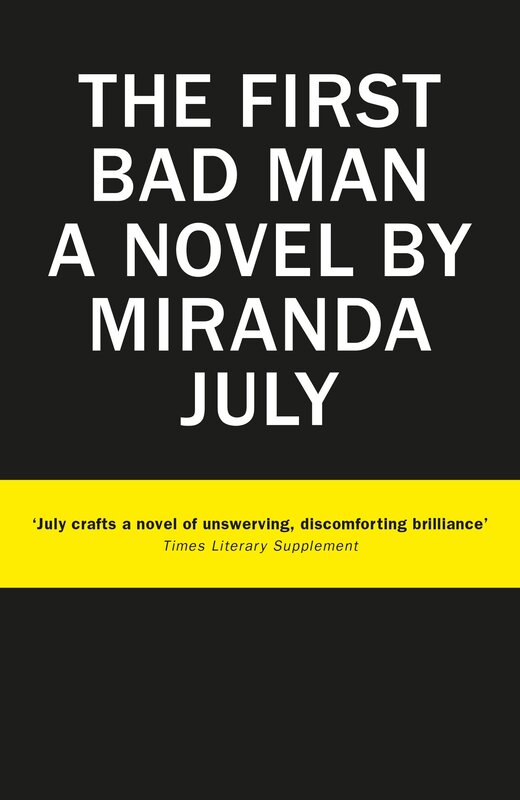July can certainly write, and her descriptions have a vividness that lingers in the mind. Her characters are deeply flawed, and are driven by strong and often perverse desires. Her depiction of sexuality is frank and often funny; intimacy (not just the sexual kind) is clearly something that interests her, and she makes much of how bizarre it can be.
‘Bizarre’ is an apt word to describe this book, and another would be ‘uncomfortable’. Nobody in it is well-adjusted, and much of the drama comes from the way these messed-up people interact with each other, resulting in complex and sometimes disturbing situations. However, you still root for Cheryl, Clee, and the other characters as they try to make the best of the messy business of living.
One thing about it I thought really worked was the structure. The first half of the book was similar in style to the short stories, and my question throughout was ‘where is this going?’ However, once it was clear what July was doing, I was able to settle in and enjoy the rest. I was able to see in hindsight why she had made the story choices she did, and felt that she managed to pull it all together in the end.
There was a lot of hype surrounding this book when it was first published, with an endorsement from Lena Dunham and polarised reviews. I was glad to read it at a level removed, with open expectations. Overall, I’d say I liked it. It was refreshing to read something unafraid to confront you with the imperfections of its characters, while having compassion for them all the same. I wouldn’t recommend this to everyone, but if you’re an open-minded reader who likes things a little off-beat, it’s worth giving it a try.
Review by Charlie Alcock

 RSS Feed
RSS Feed
